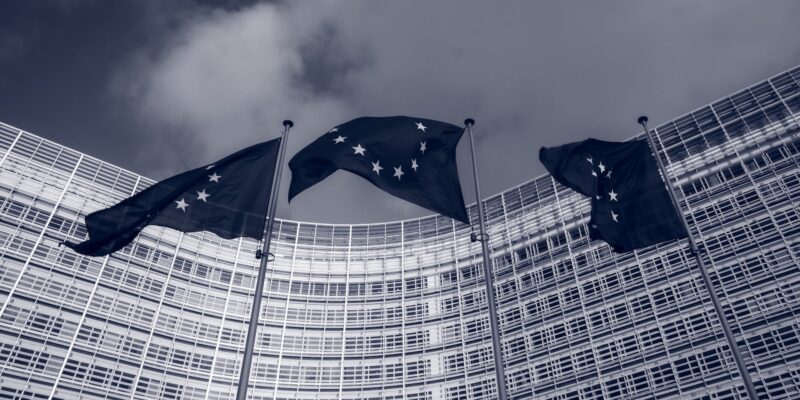On July 10th, the European Environmental Committee (ENVI) voted to extend the exemption of international flights from the EU Emissions Trading System (ETS) until the end of Phase III in 2020, using an extended “stop-the-clock” derogation. This decision aligns ENVI’s position with that of the EU Commission and EU Council, and it is expected to be formally ratified into EU law.
However, the parliament also called for a review in 2019, which opens the possibility of including international flights in Phase IV of the EU ETS (2021-2030) if the United Nation’s Carbon Offsetting and Reduction Scheme for International Aviation (CORSIA) is deemed insufficiently ambitious. CORSIA is a global offsetting scheme that will only cover aviation emissions growth from 2021 onwards.
Currently, airlines receive 82% of their allowances for free, a practice that will continue until the end of Phase III. The remaining 18% is divided between auctions (15%) and the new entrants reserve (3%). Nevertheless, the vote indicates the parliament’s intention to increase the share of allowances that airlines must purchase themselves to nearly 50%. This departure from the current allocation structure will significantly raise costs for aircraft operators.
ENVI also voted to tighten the total number of allowances available to the aviation sector through free allocations and auctions during Phase IV. The new allocation will be 90% of the average emissions between 2014-2016, minus a linear reduction factor of 2.2% per year, matching the reduction rate applied to other sectors within the EU ETS. Some members of the European Parliament have expressed concerns about the fairness of the current allocation, suggesting that the steel industry, for example, faces a much higher emissions reduction target compared to the aviation sector.
MEPs generally believe that as one of the fastest-growing economic sectors worldwide, aviation and aircraft operators should have a meaningful emissions cap and bear an appropriate carbon cost to incentivise emission reductions. With the anticipated increase in the price of EU Allowances (EUAs) once the Market Stability Reserve (MSR) comes into effect in Phase III and continues through Phase IV, the changes to the aviation cap and allowance distribution will significantly raise compliance costs for the aviation industry.
Consequently, the EU ETS, rather than CORSIA, is expected to pose the greatest carbon risk to aircraft operators in Europe. However, both European and international operators need to consider how to address the risks associated with both regimes to avoid unexpected compliance costs. Seeking guidance from a carbon market expert like Redshaw Advisors can assist in understanding and managing the exposure faced by operators in the aviation industry.

